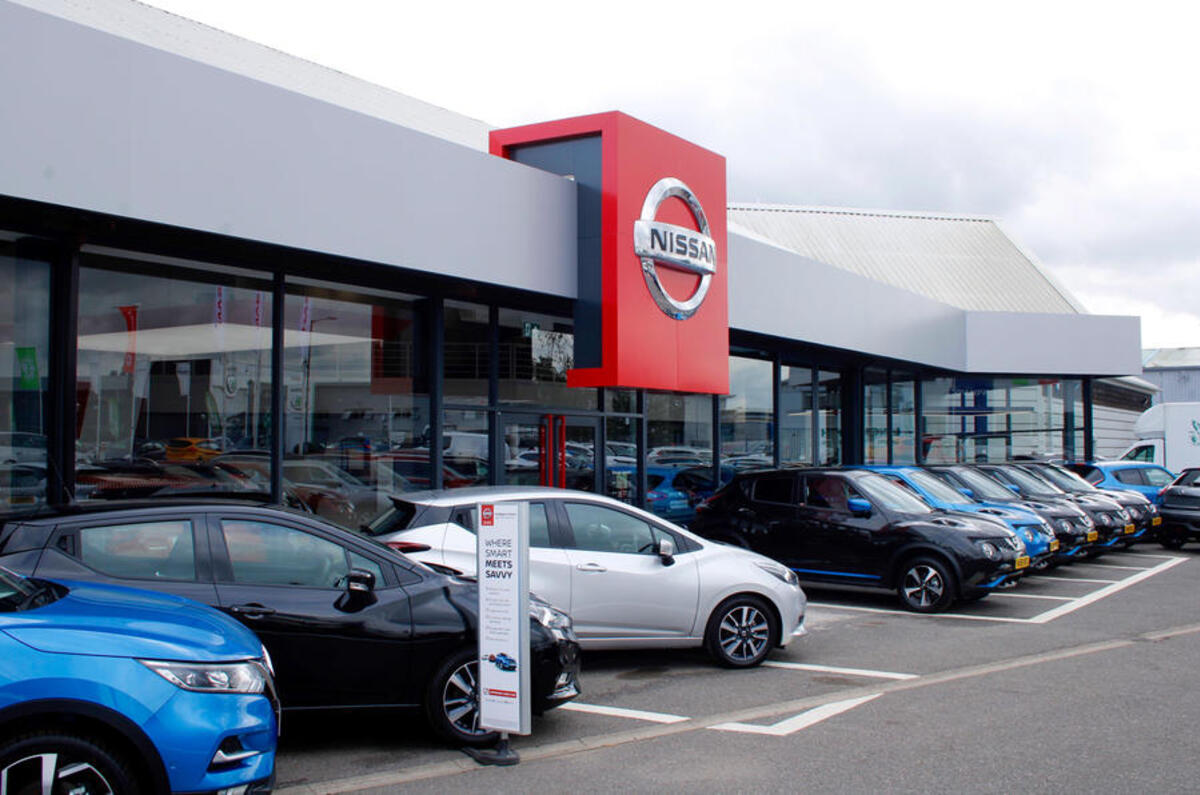Concerns are growing among motor dealers that the reduced servicing and maintenance requirements of electric cars, plus the high cost of training and equipping technicians, will affect the profitability of workshops and diminish the aftersales experience for customers.
Evidence from leading fleet companies suggests that due to their simplified mechanicals, lightly used braking systems and higher levels of reliability, the service, maintenance and repair (SMR) costs of EVs are around half those of petrol and diesel vehicles.




Join the debate
Add your comment
I'd be interested to see what VW actually do for their £200.
"I believe this requirement to keep vehicles for longer is why car makers are pushing subscriptions and personal contract hire on EVs to capture servicing"
Only partly, and less so as the digital customer journey reduces the need for local dealers. Other reasons include concern over residual values linked to insufficient data on aging batteries, particularly those subject to regular fast charging, and a move to generating revenue through additional services, largely from the cloud, that can be bundled into one agreement and upsold through that customer relationship. Ref Carlos Tavares' excellent press conference at CES.
In recent years, franchise dealers have generally made much more money from parts and servicing than from new car sales because retail margins from new car sales are low. It's fair to say that most consumers begrudge paying big service and repair bills, so they won't mind lower maintenance costs with EVs.
However, as mentioned in the article, it is more likely that EVs will have much higher average repair bills whern they do go wrong, so swings and rounabouts for both EV owners and garages.